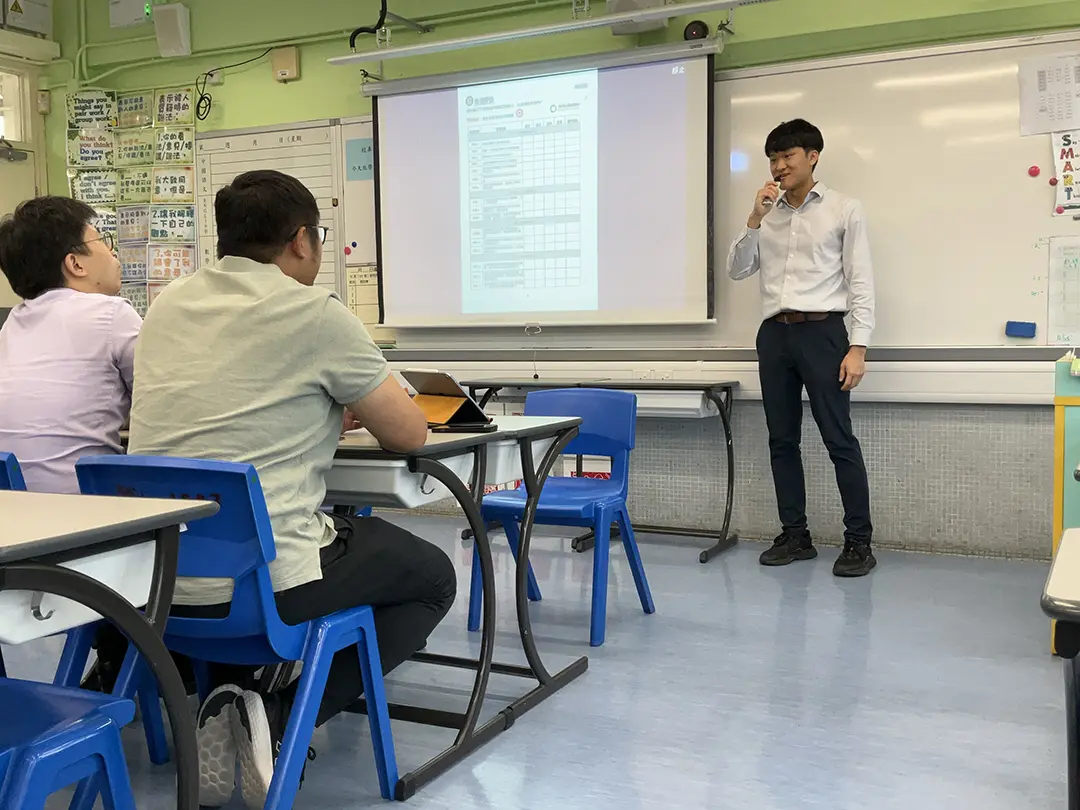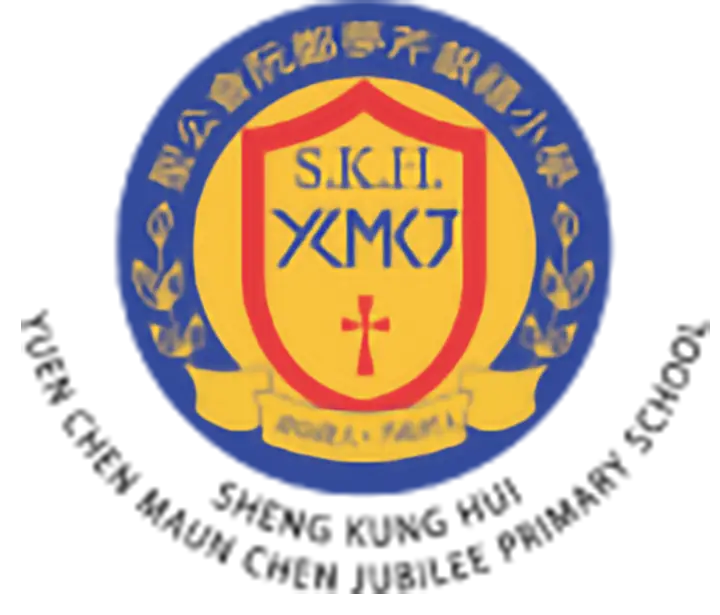S.K.H. Yuen Chen Maun Chen Jubilee Primary School is a co-educational, whole-day, subsidised primary school located in Tai Po, New Territories, Hong Kong. The history of the school dates back to 1966 when Pui Shing Primary School was established, followed by the establishment of S.K.H. Yuen Chen Maun Chen Jubilee Primary School P.M in 1984 and Pui Yin Primary School in 1991, which were merged in 2009 and renamed to its present name to operate on a whole-day basis. The school motto is “Not to be served, but to serve”, which reflects its Christian educational philosophy and values. The school is currently located in Fu Heng Estate, Tai Po, with a campus area of about 4,850 square metres. 26 classrooms and various special rooms provide a good learning environment. The school has about 747 students divided into 25 classes, and 49 staff members. The school's main languages are Chinese (Cantonese) and English, with the aim of developing students' bilingualism and enhancing their language expression and communication skills. The school sponsor of S.K.H. Yuen Chen Maun Chen Jubilee Primary School is the Sheng Kung Hui Primary Schools Council. The school is committed to providing quality education in a Christian environment and promoting the balanced development of students in the areas of spirituality, morality, intellectuality, physicality, social skills and aesthetics, so as to prepare them to serve the community in the future.
In our second year on the Global Accelerator + programme we have continued with the adoption of the Skills Builder framework and increased the number of teachers and students involved. It has provided a significant improvement in the way we approach teaching essential skills, particularly in our 21st Century Learning (21CL) subject. Teachers in 21CL, who also teach STEAM and other capacities related to 21st-century skills, have been pioneers in incorporating this framework into their teaching. Before the introduction of the Skills Builder approach, we lacked a comprehensive and reliable rubric for assessing students' soft skills, and many teachers were uncertain about how to teach these skills in a structured, effective manner. Through three to four workshops, teachers have become more familiar with the tools provided by Skills Builder and have gained valuable insights into how to scaffold their teaching to better support student development in areas like Creativity, Problem Solving and Speaking. Teachers continue to be impressed by the clarity and structure the Universal Framework brings and we have improved how we measure student progress. We have also integrated teaching ideas from Skills Builder into our 21CL curriculum and school-based booklets, ensuring that both teachers and students are aware of which essential skills are being trained during each task. This has led to a more cohesive and transparent approach to lessons, with students better understanding the skills they are developing and how these will benefit them in the future.

Our school has collaborated with a team from University of Hong Kong this year, utilizing their learning management platform and learning analytics tools. These tools allow us to effectively and concretely record students’ self-assessments, including both pre- and post-assessment stages.
In the second term, teachers begin by administering the pre-assessment. To help students understand the meaning of each step in the framework, teachers use supporting videos provided in the Skills Builder Hub platform, along with their own explanations, to guide students in identifying their current skill levels.

For practical activities, students are required to identify real-life challenges they face, define a problem to solve, and then collaborate to solve the problem and create a solution, resulting in their own miniature smart homes. During co-planning sessions, teachers will discuss these lesson activities, sharing strategies and insights on how to enhance students’ competencies in problem-solving, creativity, and communication. For example, they may collaboratively examine a student group activity to explore where creative or problem-solving elements can be added. Teachers will also share post-lesson reflections to maintain close professional dialogue and stay updated on the progress of implementation across all classes.
As we look towards the next academic year, we plan to expand the use of the Skills Builder framework further and to integrate into more areas. To ensure continuous improvement and assessment of our impact we will continue to collaborate with the University of Hong Kong (HKU) and utilise the support of the Skills Builder Partnership team.
























